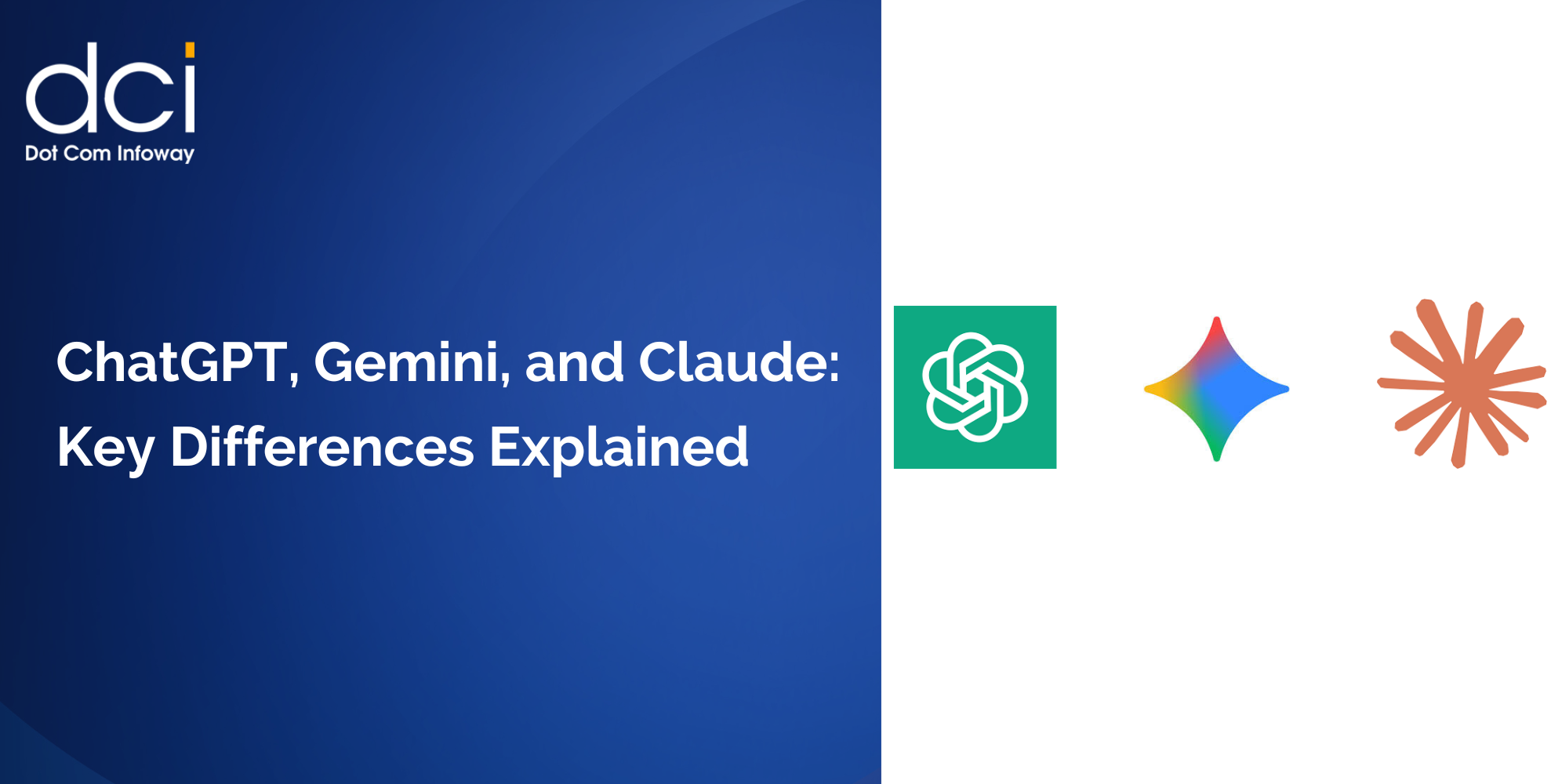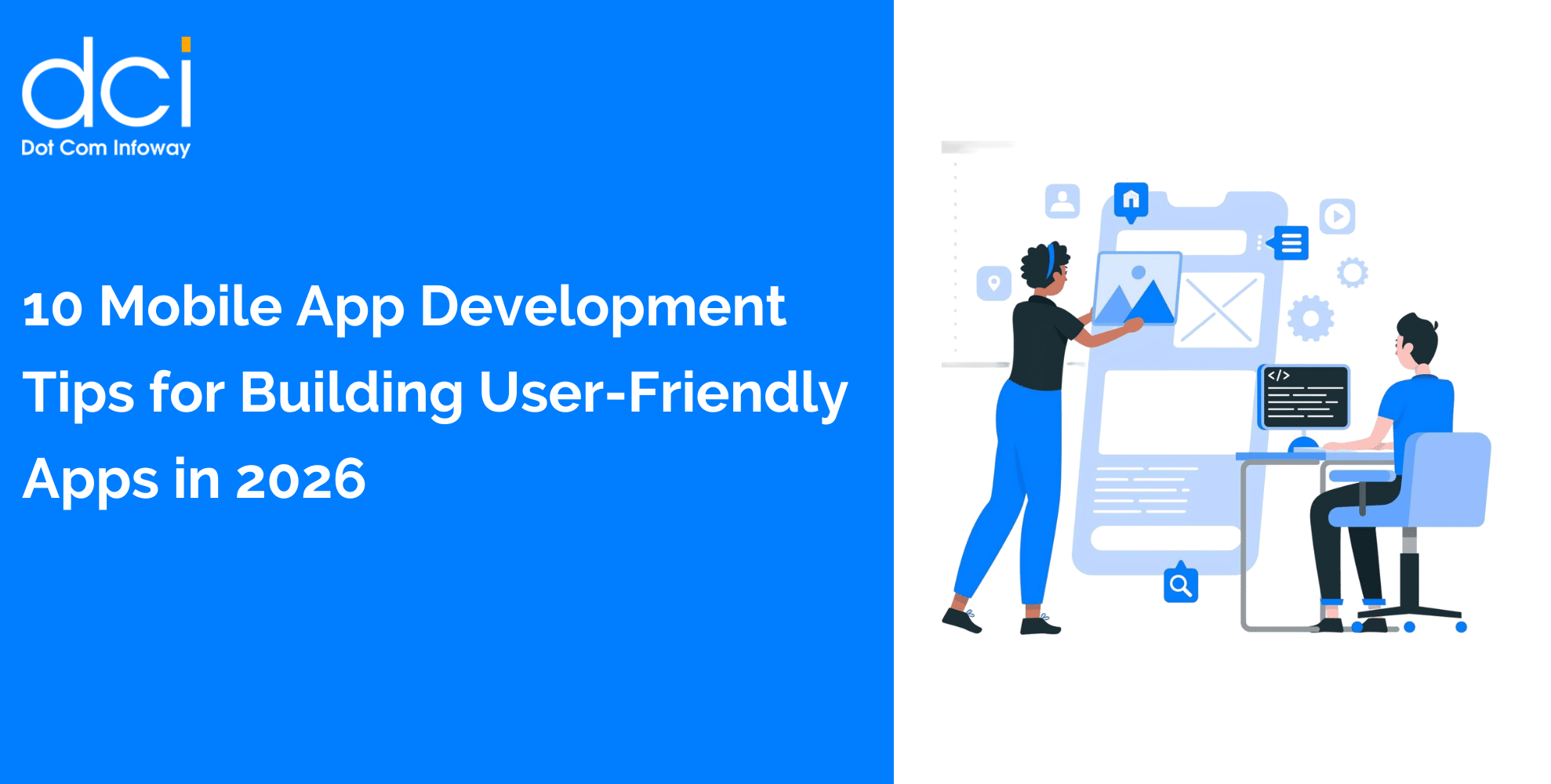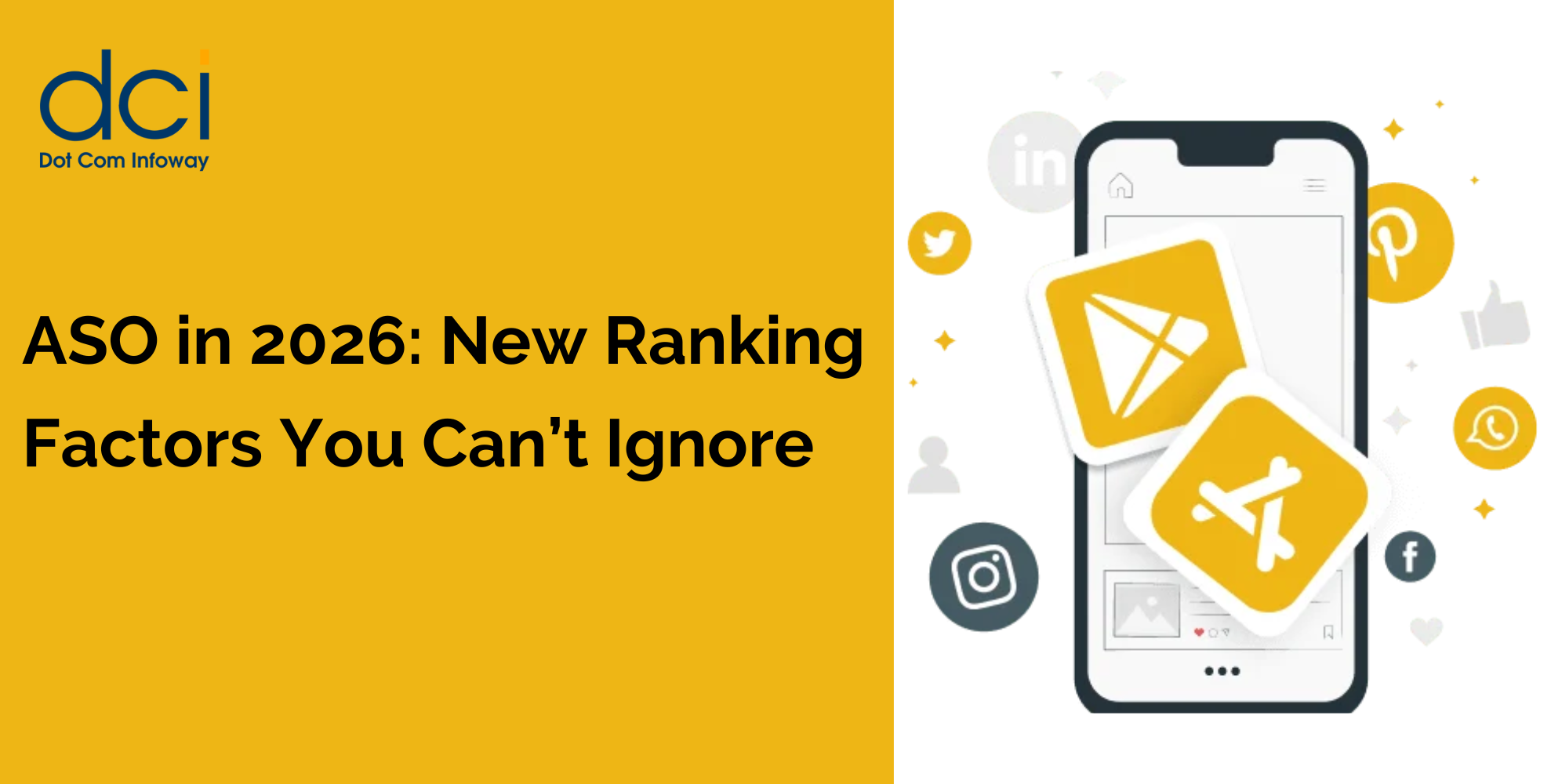Understanding Google’s E-E-A-T Framework for SEO Success
Experience represents the newest addition to Google’s quality guidelines, emphasizing content created from real-world usage or firsthand involvement. When Neil Patel reviews a marketing tool on his blog, he demonstrates experience by sharing actual usage results, screenshots, and performance data. This practical approach helps boost on-page SEO by providing search engines with clear signals of authentic content creation.
Expertise showcases the content creator’s knowledge depth in their field. Brian Dean from Backlinko exemplifies this through his detailed SEO case studies that demonstrate technical proficiency and industry understanding. His content consistently ranks because it showcases genuine expertise through data-driven insights and proven methodologies.
Authoritativeness builds through recognition within your industry and consistent quality content production. Search Engine Journal has established authoritativeness by featuring industry experts, maintaining editorial standards, and becoming a go-to resource for SEO professionals worldwide.
Trustworthiness encompasses accuracy, transparency, and user safety considerations. Mayo Clinic demonstrates exceptional trustworthiness through medical content that features author credentials, peer review processes, and regular content updates based on latest research.
Demonstrating First-Hand Experience in Your Content Strategy
Modern content creation tools have revolutionized how we can showcase experience authentically. AI video platforms like Synthesia allow creators to produce professional demonstrations, while HeyGen enables personalized video content that showcases real product interactions. Luma Dream Machine provides innovative ways to visualize complex concepts, and RunwayML offers advanced video editing capabilities for creating compelling experience-based content.
Consider how tech reviewer Marques Brownlee builds experience authority through unboxing videos, performance tests, and long-term usage reviews. His content ranks highly because it demonstrates genuine product interaction over extended periods, providing viewers with authentic insights they can’t find elsewhere.
The key lies in documenting your journey, sharing failures alongside successes, and providing unique insights only possible through direct involvement. When you boost on-page SEO through experience signals, you’re creating content that search engines and users inherently trust more than theoretical discussions.
Building Topical Authority Through Strategic Content Architecture
Search engines reward websites that demonstrate comprehensive knowledge within specific domains. This requires moving beyond isolated blog posts toward interconnected content ecosystems that showcase depth and breadth of understanding.
Ahrefs exemplifies this approach through their SEO blog, where individual articles connect to create a comprehensive learning resource. Their content on backlink analysis links to pieces about competitor research, technical SEO, and content strategy, creating a web of authority signals that collectively boost on-page SEO performance across their entire domain.
Content clusters represent the tactical implementation of topical authority. Start with broad pillar content covering major topics in your niche, then create supporting articles that dive deeper into specific subtopics. Each piece should link strategically to related content, creating clear paths for both users and search engine crawlers.
The methodology involves identifying high-volume keywords with manageable difficulty scores—our research shows “seo content” (2,900 searches, 54% difficulty) and “google ranking” (6,600 searches, 57% difficulty) present excellent opportunities for authority building.
Technical Implementation: Schema Markup and Author Attribution
Structured data provides search engines with explicit signals about content quality and authorship. Implementing Author Schema markup helps search engines connect content to creator profiles, while Organization Schema establishes business credibility and contact information.
JSON-LD implementation for author markup should include name, job title, organization, social media profiles, and relevant credentials. This technical foundation supports the human elements of E-E-A-T by making authority signals machine-readable.
Review Schema becomes particularly valuable for product-focused content, allowing you to showcase user feedback and ratings directly in search results. This social proof element significantly impacts click-through rates and helps boost on-page SEO through improved user engagement signals.
Consider how Wirecutter implements comprehensive schema markup across their product reviews, combining author information, rating systems, and detailed product specifications in ways that enhance both search visibility and user experience.
Content Optimization Strategies That Signal Quality and Depth
Quality content optimization extends far beyond keyword density calculations. Modern seo content optimization requires understanding user intent, search behavior patterns, and the competitive landscape within your niche.
Semantic keyword integration involves naturally incorporating related terms and concepts throughout your content. Rather than forcing exact-match keywords, focus on comprehensive topic coverage that addresses user questions at different stages of their research journey.
Research indicates that pages targeting “ai seo optimization” (590 searches, 45% difficulty) perform better when they include related terms like “content optimization tools,” “automated SEO strategies,” and “machine learning ranking factors.” This semantic richness helps search engines understand content relevance and depth.
AI video tools like Pika Labs can enhance content engagement through embedded demonstrations, while platforms like Elai enable the creation of multilingual content that expands your potential audience reach without compromising quality standards.







![The Game Marketing Guide: Pre and Post-Launch Strategies [Infographic]](https://www.dotcominfoway.com/wp-content/uploads/2023/09/DCI-Game-Marketing-blog-1.jpg)















